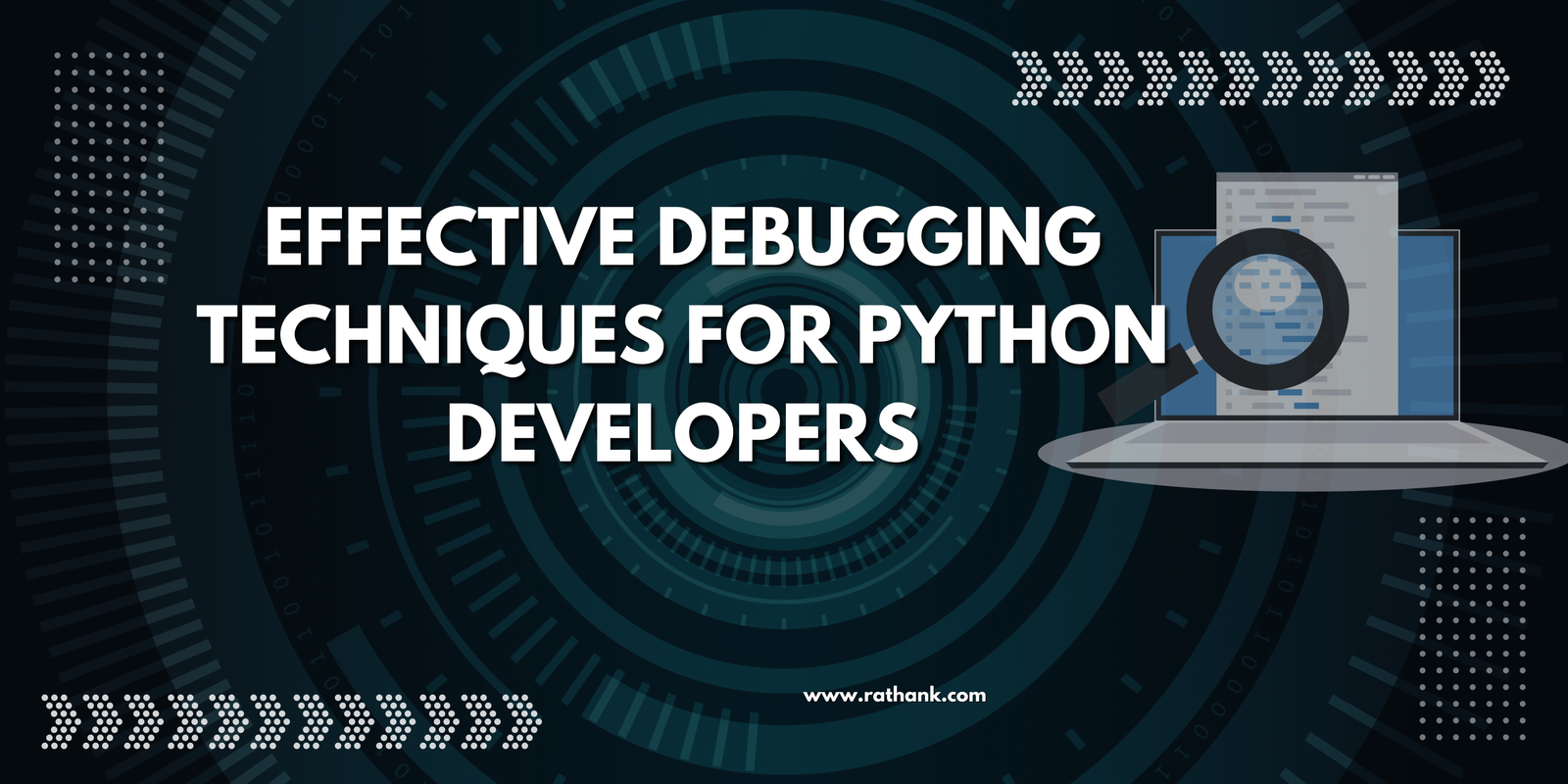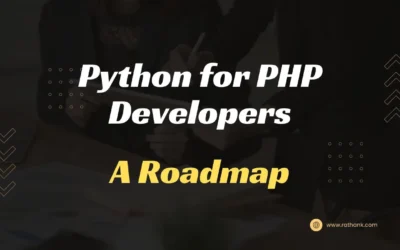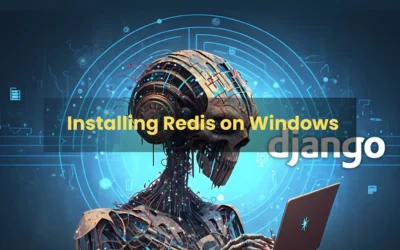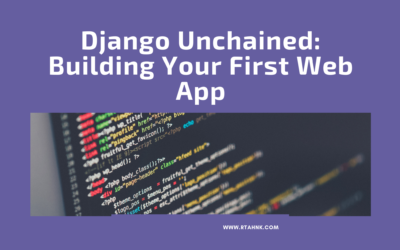Intro – Effective Debugging Techniques for Python Developers
Debugging Python with ease! Investigate key methods for quickly finding and correcting errors in your code.
Every developer must learn the art of debugging. Dealing with errors is an inevitable aspect of the programming process, whether you’re a novice or a seasoned Python developer. This thorough book will walk you through key debugging techniques that will make it easier for you to locate and address problems in your Python code. You will be prepared to handle even the most challenging bugs in your projects by the time you finish reading this article.
Understanding the Debugger
Let’s familiarise ourselves with the debugger first before delving into specific debugging methods. With the help of the built-in debugger module pdb (Python Debugger), which is included with Python, you may step through your programme line by line, analyse variables, and set breakpoints in your code.
Whenever you wish to set a breakpoint to begin debugging, just add the following line:
import pdb; pdb.set_trace()You will be put into the interactive debugger console when your code execution reaches this stage, at which point it will pause.
1. Printing Statements: Your First Line of Defense
Using print statements wisely is one of the simplest yet most powerful debugging strategies. You can learn more about the flow of your programme and the status of your variables by publishing variable values or messages at different locations throughout your code. This is very useful for pinpointing potential problem areas.
For example:
def divide(a, b):
print(f'Dividing {a} by {b}')
result = a / b
print(f'Result: {result}')
return result2. Debugging with pdb
A robust collection of tools for debugging your Python code is offered by the built-in pdb module. The following are some crucial pdb commands:
n(next): Execute the current line and stop at the next line.c(continue): Continue execution until the next breakpoint or until the program finishes.q(quit): Exit the debugger and the program.p(print): Print the value of a variable.b(break): Set a breakpoint at a specific line.s(step): Step into a function.r(return): Continue execution until the current function returns.
Here’s an example of using pdb:
import pdb
def divide(a, b):
result = a / b
pdb.set_trace() # Set a breakpoint
return result3. Using Assertions for Validation
Statements that affirm a particular condition to be true are known as assertions. They are incredibly useful for verifying your code’s assumptions. When an assertion fails, an AssertionError is raised, telling you about the unexpected circumstance.
def divide(a, b):
assert b != 0, "Division by zero is not allowed"
result = a / b
return result4. Exception Handling
You can handle issues that may arise while your code is running by using exception handling. You can manage exceptions using ‘try’ and ‘except’ blocks to capture them and keep your program from crashing.
def divide(a, b):
try:
result = a / b
except ZeroDivisionError:
print("Division by zero is not allowed")
result = None
return resultConclusion
Conclusion
A essential skill for any Python coder is debugging. You can more effectively find and solve errors in your code by mastering these techniques and getting to know debugging tools like pdb. Remember that debugging involves more than just identifying and correcting issues; it also entails learning more about your code and improving your programming skills. So, embrace the debugging process and don’t let the odd issue get you down; it’s all a part of the process of improving as a developer.
Coding is fun! Each bug you resolve as you navigate the software development industry represents a step in your progress as a knowledgeable and tenacious programmer.
Check Our Guide To Writing Clean and Maintainable Python Code Best Practices.








